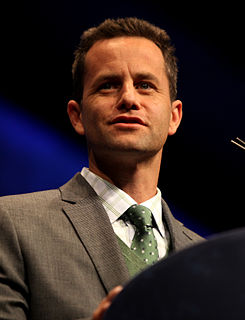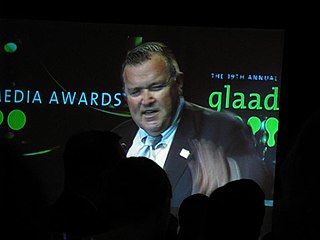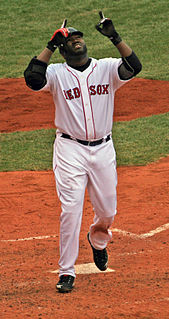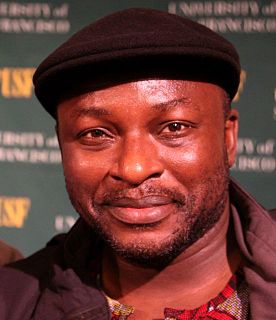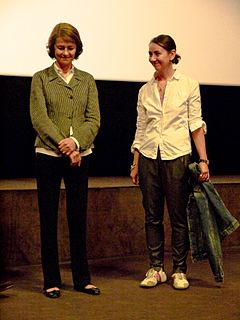A Quote by Annie Lennox
I want people to start thinking about what it means to be HIV-positive and to ask questions about that.
Related Quotes
When Christians start thinking about Jesus, things start breaking down, they lose their faith. It's perfectly possible to go to church every Sunday and not ask any questions, just because you like it as a way of life. They fear that if they ask questions they'll lose their Christ, the very linchpin of their religion.
If you don't understand, ask questions. If you're uncomfortable about asking questions, say you are uncomfortable about asking questions and then ask anyway. It's easy to tell when a question is coming from a good place. Then listen some more. Sometimes people just want to feel heard. Here's to possibilities of friendship and connection and understanding.
A lot of people involved with celebrity journalism have interesting ideas about the people they want to write about going into the interview. Then as soon as they actually sit down with that person, they basically ask the questions they think journalists are supposed to ask, and they start viewing themselves almost as a peer of the subject. Like they're going to become friends. That's why most celebrity journalism is so terrible.
I feel like a lot of people involved with celebrity journalism have interesting ideas about the people they want to write about going into the interview. Then as soon as they actually sit down with that person, they basically ask the questions they think journalists are supposed to ask, and they start viewing themselves almost as a peer of the subject. Like they're going to become friends. That's why most celebrity journalism is so terrible.





